The findings provide evidence to support parts of all three theories. They also highlight some important limitations and assumptions that do not hold true in this context. Awareness of these limitations can allow implementers to refine their programmes to mitigate any unintended consequences and enable greater community engagement in conservation.

The goodwill effect
Hover over the boxes to reveal evidence for/against each step in this theory of changeA theory of change is a flow chart outlining step-by-step how programme activities are believed to generate certain outcomes. Each arrow shows how one thing is thought to lead to the next thing. 

Provision of health services
Provision of health services
✓ Marie Stopes' mobile outreach teams invited to offer long-acting contraceptives

Appreciation of health services
Appreciation of health services
✓ Strong uptake of contraception

Community goodwill towards conservation organisations
Community goodwill towards conservation organisations

Community engagement in conservation initiatives
Community engagement in conservation initiatives
? The study design didn't allow us to investigate whether health service provision has advanced overall community engagement in conservation

Key insights
If community health services are delivered locally by community members trained as community health workers, they may not be perceived as being provided by the conservation organisation and this may reduce the possibility of any goodwill effect.
For goodwill to be generated for the conservation organisation and/or environmental initiatives, it may be helpful to make it clear that health services are being supported as part of a holistic approach to working with communities.

The fertility effect

Unmet family planning needs satisfied
Unmet family planning needs satisfied

Unintended pregnancies averted
Unintended pregnancies averted

Demand for natural resources reduced
Demand for natural resources reduced

Less fishing activity
Less fishing activity
? Fishing effort was not measured as part of this study - some individual family planning users reported fishing more but further research is needed to investigate potential long-term changes in fishing effort at the household / community level

Key insights
Community members are striving to improve their living conditions from a very low baseline. Any increase in local consumption levels should be welcomed from an equity and poverty reduction perspective.
If women are more able to engage in income-generating activities because of birth spacing, this should be met with sufficient support and opportunities for engaging in non-extractive livelihoods in order to avoid any increasing pressure on natural resources.

The empowerment effect

Women use family planning to space or limit their births
Women use family planning to space or limit their births
! Reported benefits include improved health and increased incomes

Women have more free time
Women have more free time

Women pursue alternative livelihoods and participate in marine management efforts
Women pursue alternative livelihoods and participate in marine management efforts
! Women using family planning reported earning twice as much money and having longer-term priorities compared to those who weren’t current users
? Few women are using their free time to pursue alternative livelihoods, however participation in alternative livelihoods was limited by the availability of these initiatives
? Individual family planning users were not more likely to participate in marine management meetings

Key insights
Family planning use was associated with significantly increased income and longer-term priorities. However it may not automatically lead to greater engagement in marine management for individual women: complementary initiatives to promote more inclusive and egalitarian gender norms may be needed.

Putting down roots with communities
Increasing access to health services is a long-term strategy and a true commitment to human rights means that support cannot be withdrawn if linear expectations of ‘success’ are not met. People’s right to healthcare should be upheld on principle – not as a means to an end.

Questioning assumptions about population-environment dynamics
Voluntary uptake of family planning can certainly prevent unintended pregnancies but this doesn’t necessarily reduce demand for natural resources in the short-term – particularly in resource-dependent contexts where people are rightly trying to raise their living standards from a very low baseline.

Considering livelihoods as a third dimension to health-environment programming
Upholding one right can only go so far in advancing sustainable development and conservation. Family planning and reproductive rights are not a panacea – other rights (such as those relating to food and decent work) are also relevant. Support for livelihood diversification can mitigate the risk of family planning services leading to increased natural resource extraction.
Conservation, contraception and controversy:
Supporting human rights to enable sustainable fisheries in Madagascar
To read the full paper please complete this form.








